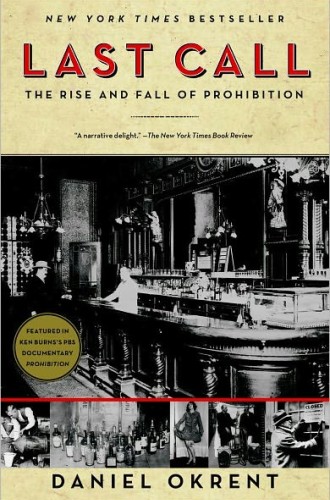Dry country
If ever the phrase "unintended consequences" applied to a situation, it does to the epic story of the 18th Amendment, added to the U.S. Constitution in 1919, and its undoing by the 21st Amendment 14 years later. Prohibition of the "manufacture, sale, or transportation of intoxicating liquors," enshrined in law as the Volstead Act, did initially suppress alcohol consumption in the U.S., but almost immediately it also produced a flourishing black market, organized crime and disorganized politics.
Twentieth-century Prohibition grew from the efforts of the Anti-Saloon League, "the mightiest pressure group in the nation's history." Women such as "Mother" Eliza Thompson, Frances Willard, Mary Hanchett Hunt and the hatchet-wielding Carrie Nation dominated post-Civil War liquor reform. But the Anti-Saloon League, founded in 1893 by Oberlin alumnus and Congregational minister Howard Hyde Russell, led an odd coalition of southern Democrats, suffragists, progressives and industrialists with merciless effectiveness. Its slogan: "The Church in Action Against the Saloon."
The Anti-Saloon League began its campaign for an amendment in November 1913. Time was of the essence: congressional districts would be reapportioned after the 1920 census, with representatives from booming cities (home to the immigrant populations that Prohibitionists feared) taking over formerly rural, presumably dry seats. The league and its allies therefore spent the years before 1919 working vigorously both to defeat wets and to get dry laws on the books in dozens of states. League forces also determined the strict language of the 18th Amendment.





